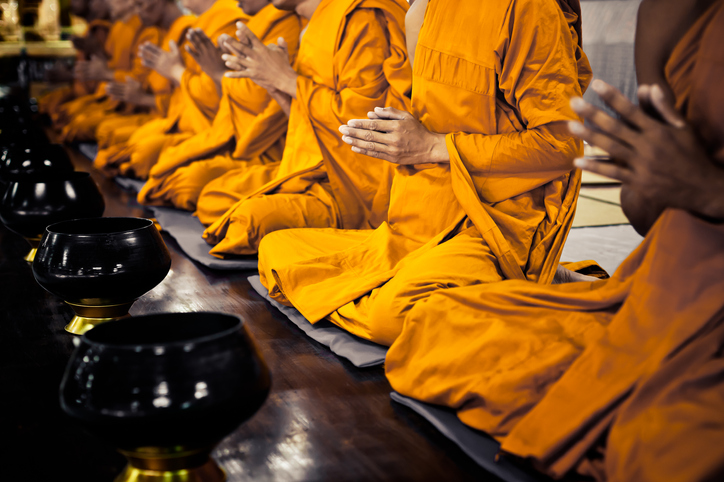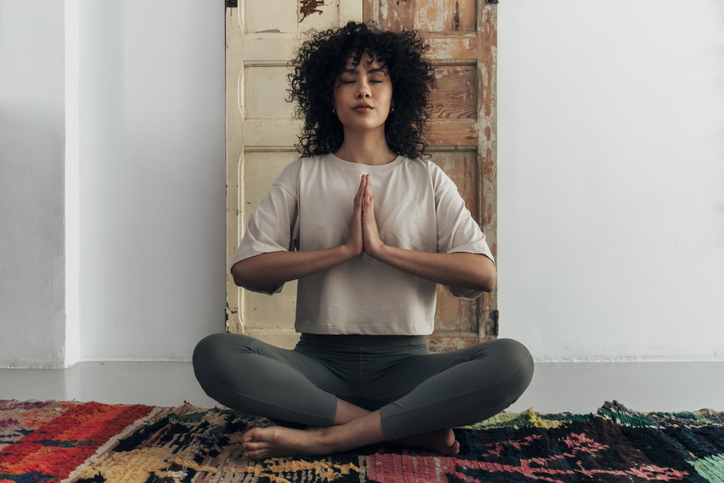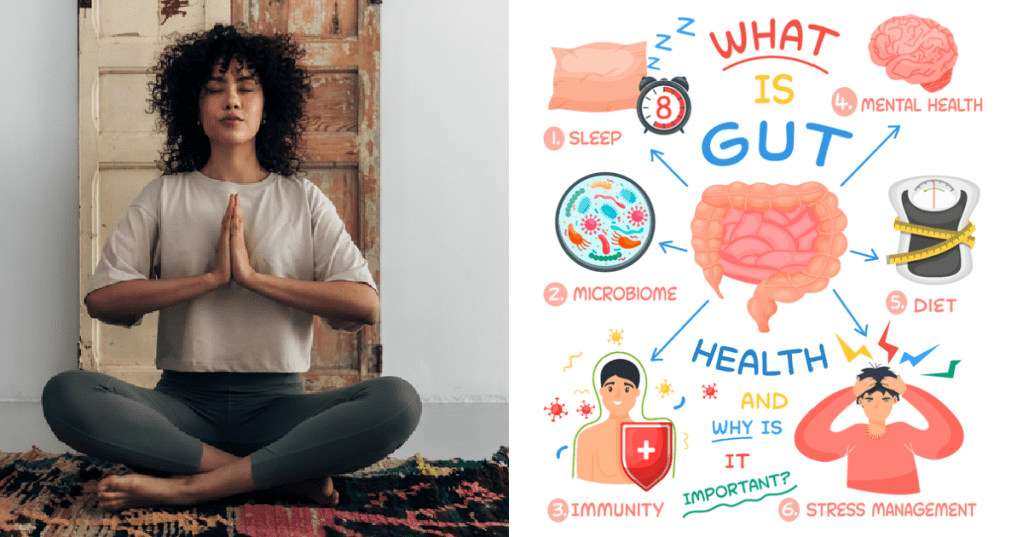Over the past decade or so, doctors have slowly been realizing – and gathering proof of – the important our gut microbiome plays in our overall health.
Knowing is only part of the equation, though, and figuring out how to set things right in there can be a struggle all on its own.
Some believe that meditation could play a key role, but is that true?

Image Credit: iStock
It turns out that some Buddhist monks who practice daily, deep meditation have a healthier gut microbiome than the rest of us, a fact that was recently confirmed by a small-scale study.
Researchers say they analyzed the gut bacteria of 37 monks from 3 Tibetan temples and found they had higher concentrations of good strains of bacteria than their secular counterparts.
“Tibetan Buddhist meditation, known to originate from ancient Indian Ayurveda, can be defined as a form of psychological training. This practice is known to exercise the mind and allows self-regulation of the body to cultivate well-being and provide insights into the true nature of all phenomena.”
There are any number or studies that highlight the positives of medication and mindfulness practices, including their ability to improve psychological and physical health. Even so, scientists are hard-pressed to explain why.

Image Credit: iStock
The gut-brain axis is now credited with helping to regulate mood and to boost immune and nervous system function, though, so they figured studying the monks was a good place to start.
The monks guts contained considerably higher levels of Prevotella, a bacteria shown to be less abundant in those who struggle with depression. They also had more Bacteroides, which are thought to decrease anxiety and addictive behaviors.
Megamonas bacteria also influences a wide range of psychocognitive traits, and the monks had more of that, too.
Researchers are thinking that our intestinal flora help reinforce anti-inflammatory pathways and improve metabolism – and after this study, could also lower risk factors for heart disease.
“The microbiota enriched in monks was associated with a reduced risk of anxiety, depression, and cardiovascular disease and could enhance immune function. Overall, these results suggest that meditation plays a positive role and psychosomatic conditions and well-being.”
The monks in the study meditate for a minimum of two hours a day and have been continuing that practice for at least 3 years (some had been at it for 30 years).
“Long term deep meditation may have a beneficial effect on gut microbiota, enabling the body to maintain and optimal state of health.”

Image Credit: iStock
This is all very interesting, but hopefully the next study will give us a bare minimum requirement to achieve some of these positive effects.
As dedicated as some people are to improving their health, two hours a day is a lot to ask.
Have you made meditation part of your daily routine? Do you feel like it’s made a difference? If so, tell us how in the comments!






